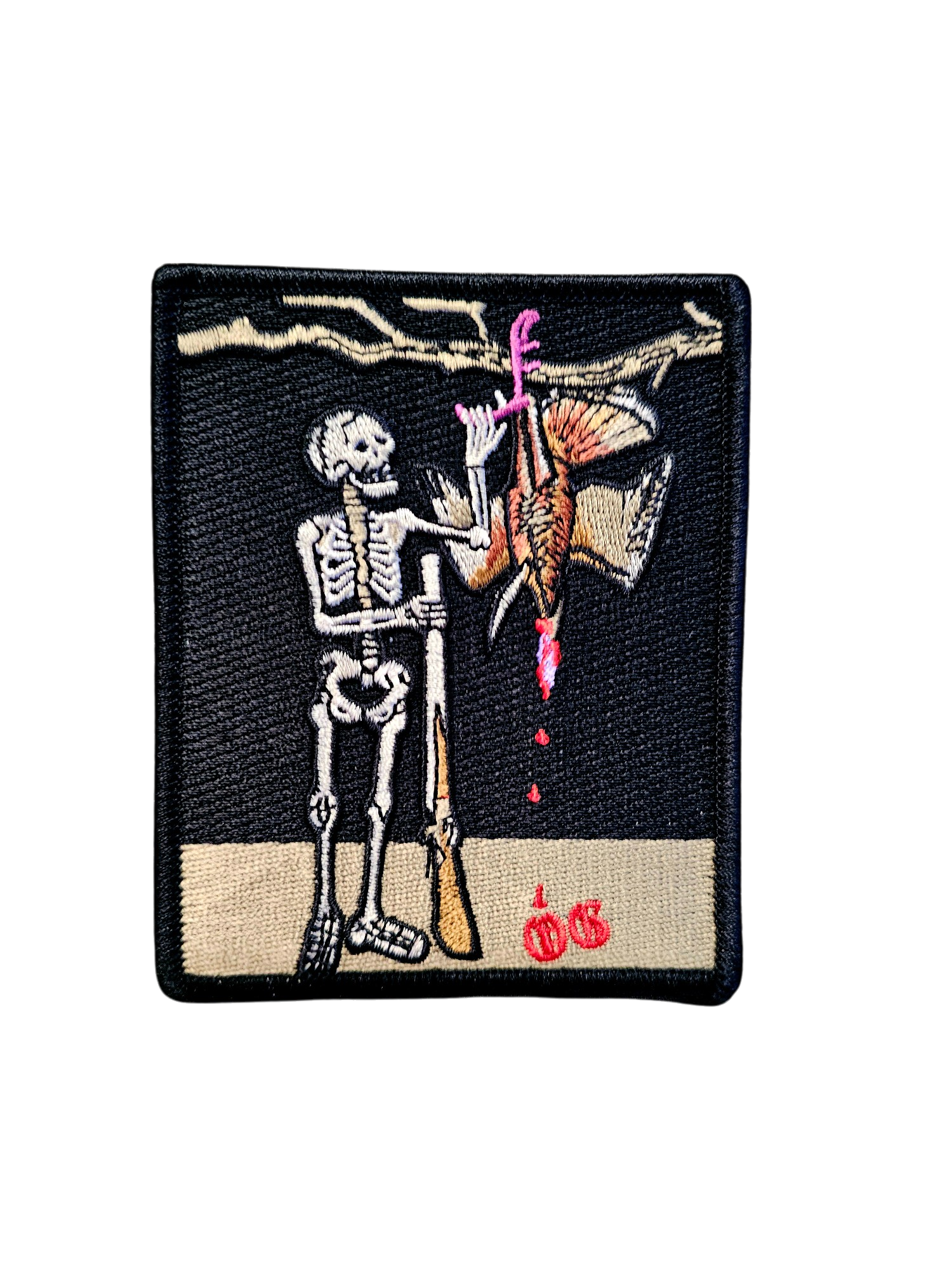The real question to me is whether or not changing calls while working a bird is good, bad, or irrelevant. From my own experiences, I believe you should stick with the call that the bird is responding to until he does something to indicate that he is not going to come all the way in to that call.
In my opinion, switching from a call that a gobbler is responding to and approaching to a different call doesn't really make a lot of sense,...and I doubt that there are many hunters that do that.
However, there are definitely times when a gobbler will respond enthusiastically to a certain call until he reaches a certain point in his approach, and then, all of a sudden, will balk at coming closer. In those instances, changing to a different call might be the trigger that convinces him to come the rest of the way. It's hard to say with gobblers that do that. The fact is that you never can say for sure what is going to break a bird that has hung up.
Personally, totally switching calls on a bird that hangs up is a ways down my list of options. The tactics that come before that for me are a combination of relocating my position (if feasible), more subtle calling (or in some cases, more aggressive calling), leaf raking, wing beating, and visual stimulus. If all of that fails, I'll switch calls, but if it gets to that point, I rarely am confident that switching calls is going to be the trigger that brings him on in.















